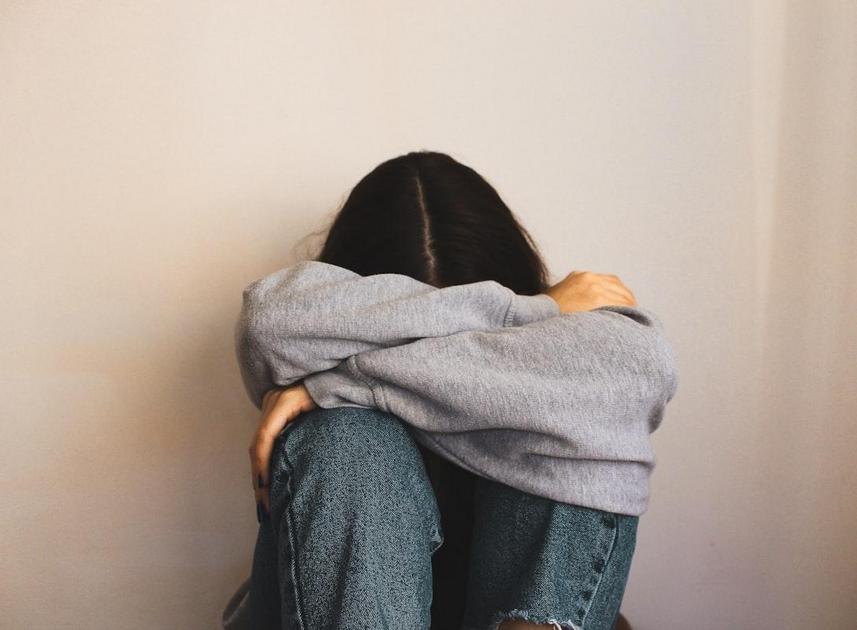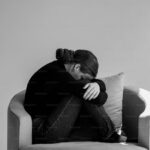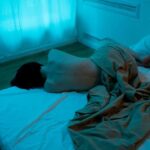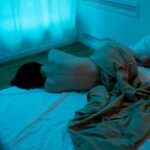Have you noticed more hair on your pillow lately? This might not just be a coincidence. Hair loss linked to women’s sleep problems is a concern that many of us face, especially as we navigate through the complexities of life after 30. For countless women, the battle with sleep issues, be it insomnia or restlessness, can lead to unexpected consequences, including hair thinning or loss. In this article, we will delve into the intimate connection between sleep and your hair health. As we explore, remember, you’re not alone in this struggle.
One common thread among women experiencing hair loss is the impact of sleep disruptions caused by various factors such as stress, hormonal changes, and lifestyle choices. Amidst juggling family, work, and personal health, fatigue and anxiety can take a toll not just on your mind but also on your body, leading to numerous health symptoms.
Is it time to take charge of your health? See how many women are addressing these issues without heavy medication.
Understanding Hair Loss in Women
Hair loss is a common issue that many women experience, especially as they age. It can be caused by various factors, including genetics, hormonal changes, and lifestyle choices. Understanding hair loss in women begins with recognizing the emotional impact it can have. For many, hair is a symbol of beauty and femininity, making hair loss a deeply distressing experience.
Women often report feelings of vulnerability and decreased self-esteem when faced with hair thinning or bald patches. The reasons behind hair loss can vary, making it crucial to identify the underlying causes in order to seek effective solutions. Many women notice that their hair health fluctuates with their overall well-being, leading to the question: could sleep problems be a contributing factor?
The Science Behind Sleep and Hair Health
Scientific research has shown that the quality of sleep plays a significant role in overall health, including hair growth. During deep sleep, the body goes into repair mode, producing essential hormones and proteins that are vital for hair development. When sleep is disrupted, this restorative process is compromised.
Insufficient or poor-quality sleep can lead to increased levels of cortisol, the stress hormone. Elevated cortisol levels can negatively impact hair follicles, leading to hair shedding. Furthermore, sleep deprivation can disrupt the balance of other hormones, such as estrogen and progesterone, both of which are important for healthy hair growth.
Common Sleep Disorders Affecting Women
Several sleep disorders disproportionately affect women, particularly those over 30. Understanding these conditions is key to addressing both sleep and hair health issues:
- Insomnia: Difficulty falling or staying asleep can lead to chronic fatigue and further wakefulness, exacerbating stress and anxiety.
- Sleep Apnea: This disorder is characterized by interrupted breathing during sleep. Women with sleep apnea often report fatigue and hair loss due to disrupted sleep cycles.
- Restless Legs Syndrome (RLS): RLS can cause uncomfortable sensations in the legs, making it hard to sleep through the night, which can disturb hair health.
The Role of Stress in Sleep and Hair Loss
Stress is a major factor that intersects between sleep issues and hair loss. For women balancing careers, families, and personal lives, everyday stress can accumulate and lead to insomnia or disrupted sleep.
Chronic stress triggers the body’s fight or flight response, releasing cortisol, which can lead to increased hair loss. Finding effective stress management techniques can significantly improve sleep quality, which may help mitigate hair loss over time. Activities like yoga, meditation, or even simple breathing exercises can play a vital role in this process.
Hormonal Imbalances and Their Effects
Women experience various hormonal changes throughout their lives—from menstruation to pregnancy, and menopause. Each of these phases can lead to imbalances that affect both sleep quality and hair health.
For instance, low estrogen levels during menopause can lead to hair thinning and increased hair shedding. Recognizing these hormonal shifts is crucial. Consulting with a healthcare provider can help women identify imbalances and explore options for restoration.
Nutritional Deficiencies Linked to Sleep Quality
A poor diet can contribute to both sleep disturbances and hair loss. Essential nutrients like iron, vitamin D, and biotin play crucial roles in hair health. A diet lacking in these nutrients can lead to hair thinning and fatigue.
Moreover, deficiencies in magnesium and vitamin B12 have been linked to sleep problems. Consuming a balanced diet rich in whole foods, fruits, and vegetables is essential for maintaining both healthy hair and quality sleep.
Natural Remedies for Better Sleep
For women struggling with sleep problems, natural remedies can often provide relief. Consider incorporating the following practices into your nightly routine:
- Herbal Teas: Chamomile and valerian root are known for their calming effects.
- Aromatherapy: Essential oils like lavender can promote relaxation and improve sleep.
- Bedtime Routine: Establishing a calming pre-sleep ritual can signal your body that it’s time to wind down.
These natural approaches not only improve sleep quality but also contribute to better hair health.
How to Manage Anxiety and Improve Rest
Managing anxiety through techniques like mindfulness meditation and cognitive-behavioral therapy can lead to improved sleep. Many women find that journaling their thoughts before bed helps clear their minds, allowing for deeper sleep.
Additionally, limiting screen time and establishing a tech-free zone in the bedroom can create a more conducive environment for rest. Reducing anxiety not only supports better sleep but also enhances hair growth by minimizing stress-related hair loss.
Lifestyle Changes to Support Hair Growth
Adopting a healthier lifestyle can positively influence both sleep quality and hair health. Here are some valuable changes to consider:
- Regular Exercise: Physical activity helps reduce stress and promote better sleep.
- A Balanced Diet: Focus on nutrient-rich foods to support overall health.
- Hydration: Staying hydrated is crucial for healthy hair and sleep quality.
Implementing these changes can empower women to take control of their health and well-being.
Empowering Stories: Women Who Found Solutions
Many women have faced similar struggles with hair loss and sleep issues but have found success through various methods. From adopting a nutrient-rich diet to incorporating yoga into their daily routines, these stories highlight the resilience and strength of women.
One such story is that of Sarah, a 35-year-old mother who struggled with insomnia and thinning hair. After consulting with a nutritionist and incorporating mindfulness practices, she noticed significant improvements in her sleep and hair health. These empowering stories remind us that change is possible, and solutions are out there.
Are you ready to explore how many women are resolving these issues without relying on heavy medications? See here.
Improving sleep quality and hair health is achievable. It requires commitment but can lead to wonderful results, as demonstrated by the experiences of countless women. Remember that every small step you take can lead to significant change in your life.







